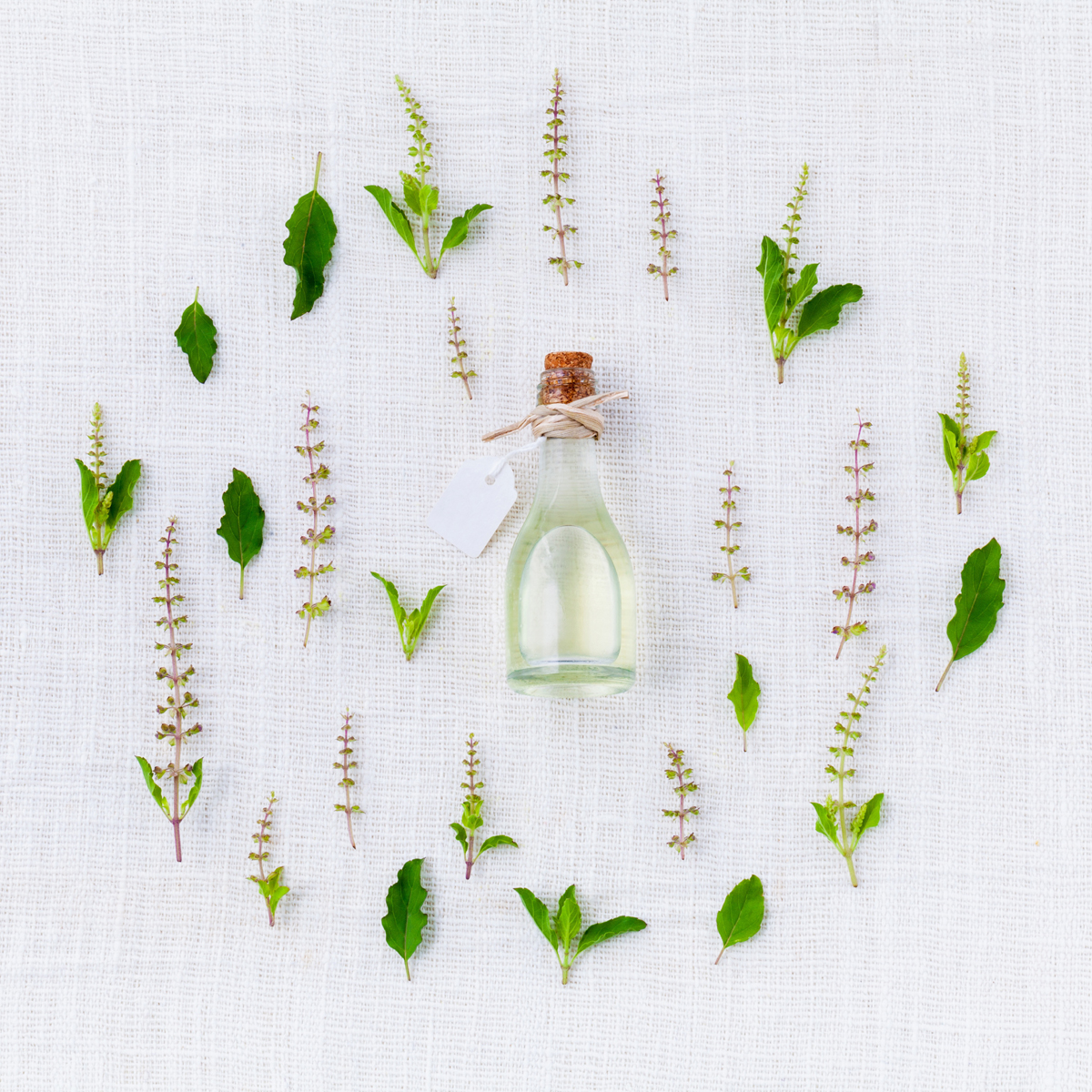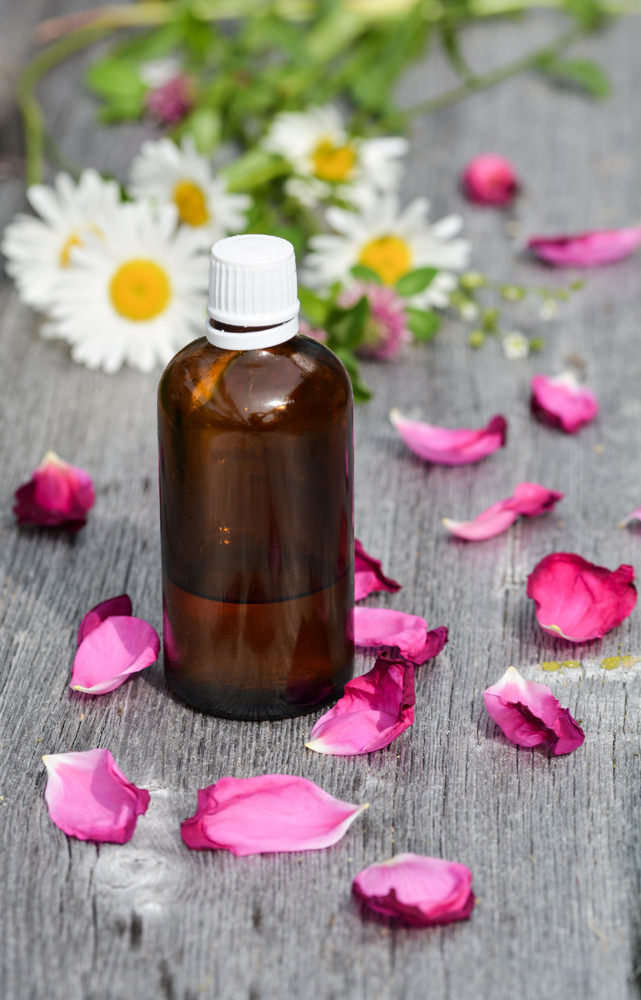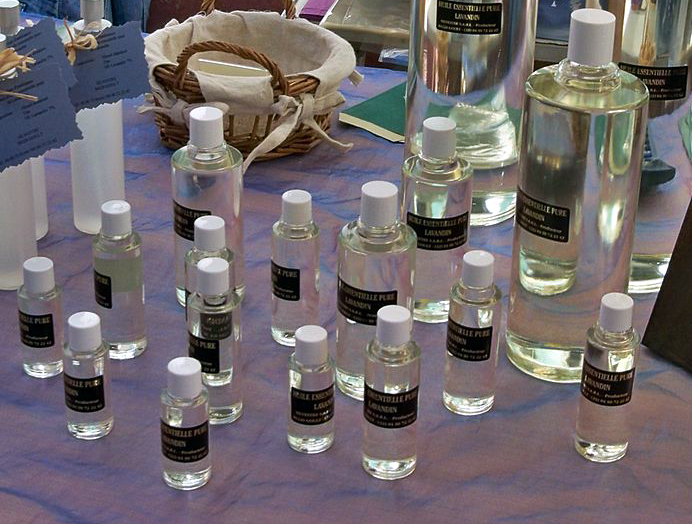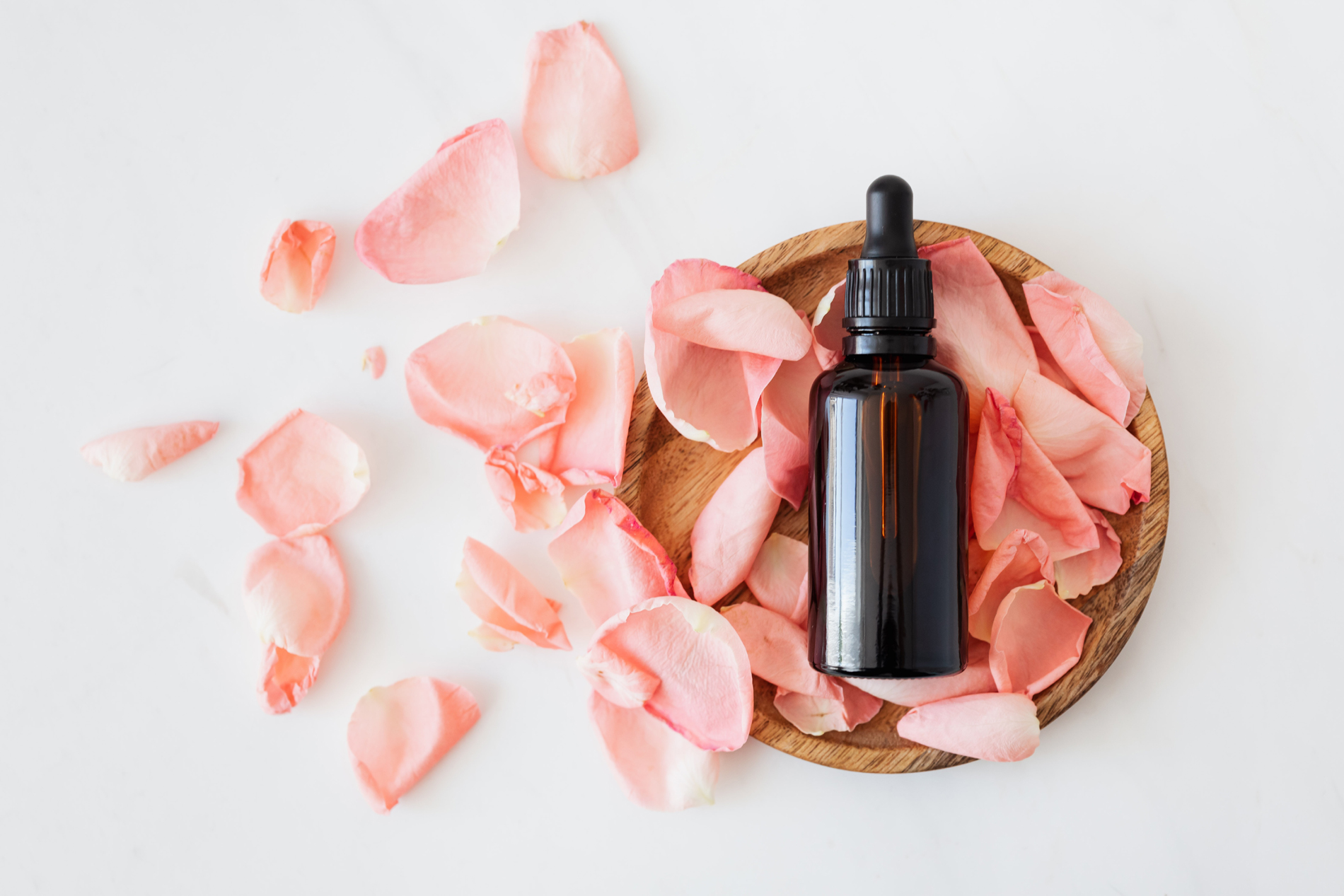Fragrance Oils Vs. Essential Oils
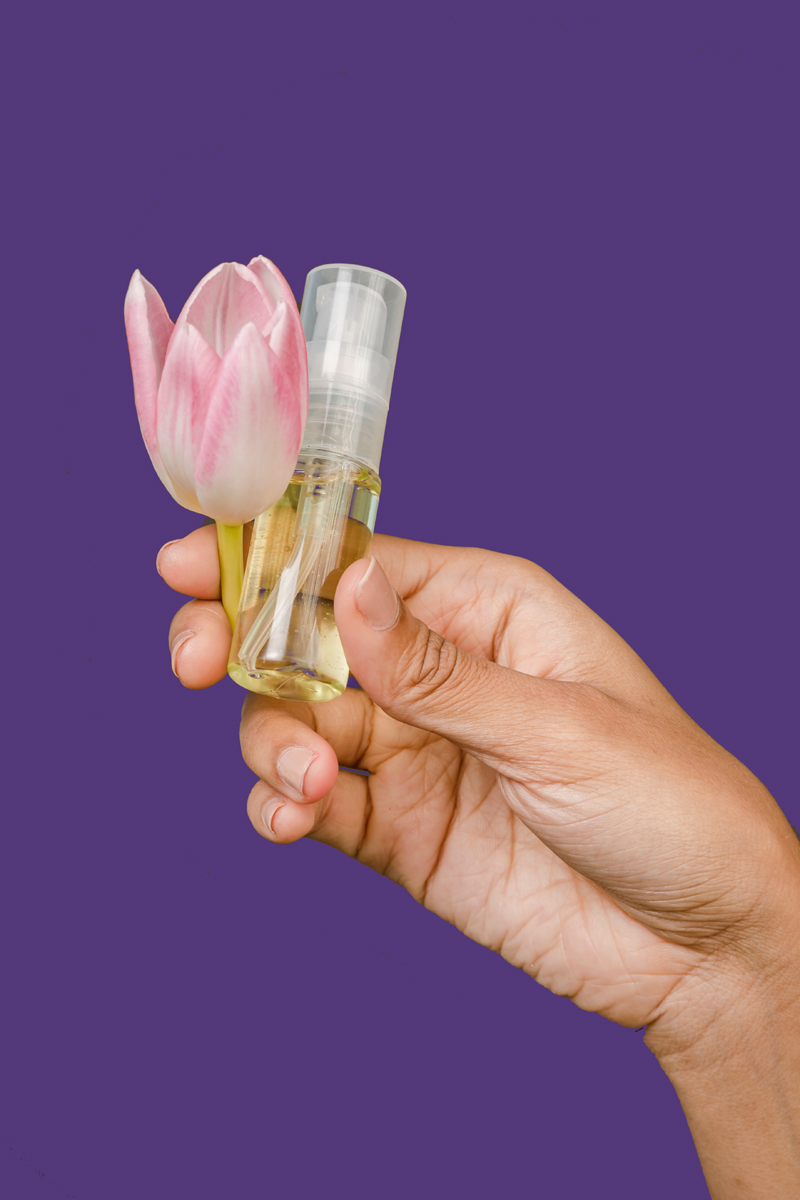
Fragrance verses essentials oils…. natural verses synthetic… differences in opinions on these subjects often lead to debates ranging from intriguing to downright brutal. So in the end, which is really the best for soap making and other bath and body products? Here are some common points and considerations you may not of thought of.
Fragrance Oils
In general, fragrance oils tend to be more affordable than essential oils. There are famous and much beloved scents that can only be found in a fragrance oil. Some fragrances simply cannot be mimicked through essential oils.
Fragrance oils fall into the FDA’s jurisdiction and their “trade secret” law. This means that the manufacturer of the fragrance oil does not have to disclose the ingredients used in making their fragrances. Basically you may never know what in the world is really in a fragrance oil, but they do have guidelines in place to ensure the general safety of the product. (Though one could argue that this guideline may be questionable due to the fact there are many items that are approved by the FDA that create debates in the issue of it’s safety- from the arguments over Sodium Laurel Sulfate all the way down to artificial sweeteners!) The ingredients used may range from debates as far as safety is concerned to an outright environmental hazard.
For soap makers, especially one that may not have a lot of experience, sometimes fragrance oils can be a bit more aggravating than an essential oil during the soap making process. Certain fragrances can cause what soap makers know as “seizing”. Most soap makers know this term, and we all know this problem can lead to a potential bad day for us! The good news is many experienced soap makers know tricks of the trade to save our soap batches when this happens, or sometimes prevent it entirely. (Remember that a fragrance from one supplier may behave better than another- it all depends on the source and what they used to create the scent.)
There are people that are particularly sensitive to fragrance oils and even sometimes just plain allergic to them. However, in fairness, you have to keep in mind that over a hundred different ingredients could be used to create just one fragrance! The truth is that if a product is carefully made and the fragrance oils are carefully measured and added in the recommended amounts, the amount of fragrance actually used is generally unlikely to cause a reaction. I’m not sure it would be fair be to ban all fragrances if you have bad luck with one particular scent or product. Now that does not mean there aren’t people out there that are genuinely that sensitive- it does happen. I’m just saying that it actually happens very rarely.
Essential Oils
In general, essential oils tend to put a dent in your wallet compared to fragrance oils. There are in fact different grades of essential oils, and as with all the things, the better ones tend to be more expensive. If you find one that is significantly cheaper, chance are it may not be as pure as you think and may be any better than a fragrance oil. Now I am once again speaking in general and am not stating this is always the case. The reasoning is that there are many manufacturers that sell essential oils that do in fact contain a small percentage of synthetic materials as well.
Even if an essential oil is natural, it doesn’t not mean that the means from which it was extracted was. There are several methods for extracting essentials oils, and some choose using chemical solvents in the process for certain essential oils. Many people may not be aware of this, yet they should be. Many oils made in this fashion are still labeled “natural or “pure”, but I suppose it all comes down to what you personally define “pure” as.
As far as being environmentally friendly, many don’t realize that majority of the essentials oils sold in the U.S., or the materials to make them, come from overseas. In a heated debate I once witnessed, one intuitive person brought up a new point that is absolutely worth considering. The fuel used either by flight or by sea alone could very well make up for any advantage that essentials oil have over fragrance oils in terms of being environmentally friendly. Now bear in mind that wherever we buy our essential oils from, more than likely bought it from a larger supplier or wholesale distributor. The product may in fact change hands many times so it’s not always possible to know the source.
Another blow to the theory that going natural is more environmentally friendly, is that hundreds of pounds of plant matter could be used to make a single ounce of essential oil! Certain plants used to create essential oils such as certain types of sandalwood, cedarwood, and rosewood oil are now endangered from the over-harvesting. Such heavy usage of natural resources can create an imbalance in the environment for types of essential oils that are extracted from “non-renewable” resources.
Essential oils undeniably have been found to carry positive properties from the plant materials they were extracted from. Wisely chosen quality essential oils can greatly increase the desired effects in a topical application such as creams or lotions. However, many debate on this when it comes to the topic of soap making. Unless a soap is “rebatched” or “milled”, including through “met and pour” methods, or cooked through a “hot process” method, some believe that the high alkali needed during the soap making process actually kills at least a vast majority of any of the positive properties that may have come have from the plant matter the essential oil was extracted from. Then again, the heat from the methods could tear down beneficial antioxidants, vitamins, or essential fatty acids that the base oils in the soap making process has brought to the table. Some don’t believe either of these to be true and can intelligently argue both of these points to death.
There are those that are particularly sensitive to fragrance oils, yet there are people that are sensitive to essential oils as well- often time people that are sensitive to one may be sensitive to another. This does not make either one “bad”. You can’t place blame any more than you could place blame due to any other allergy. If you’re allergic to cats, you can’t blame the cat and certainly you can blame yourself. It just happens. “Leave-on” products that aren’t rinsed away, such as lotions and creams, need to be treated especially carefully in terms of essential oils. Too much of a particular oil can have far more irritating results than benefits. For an example, if you make a lotion with large amounts of grapefruit, orange, or any other citrus in the summertime, these citrus oils may enhance your chances of getting scorched by the sun or possibly an even worse reaction from sun exposure. Large amounts of rosemary essential oil or extract in a “leave on” product could cause massive irritation. Some essential oils are even toxic if ingested! You have to get to know your oils- which means lots of homework before welcoming a new ingredient.
Conclusion
There are even many more valid points to each side than I have listed here- there are new ones all the time and the cycle of this debate doesn’t look like it’s going to end any time soon. It’s important to openly review both ends of the spectrum and establish you own opinion by the weight of the importance each point of view carries and not just the simple number of listed pros and cons of each.
Some people simply refuse to use anything with fragrance oils, and some people find products with essential oils to be an overpriced ploy for profit gain. Some recognize the benefits of essential oils and commonly use them in topical leave-on applications, but find them to be a waste when it comes to soap making. Then there are some that feel strongly enough that they avoid either one, sometimes simply leaving their products entirely unscented.
As for me, personally, I think everyone is right. I see both ends to this debate as valid, and in a sense I believe the difference in opinions is a great thing. My theory is this – there are obvious faults to both fragrance and essential oils. If only fragrance oils were used, I think pollution to the environment and our bodies would skyrocket to an all time high and it would be a total shame to cast out the magical scents with countless benefits given to us by mother earth, herself. Yet, at the same time, if only essential oils were used there could be devastating results to the planet from over-harvesting. I also think this would bring a sense of boredom to the bath and body industry as a whole. Even if it is sometimes overlooked because of it’s common over-use, certain scents and fragrances really touch people. I think they would miss many of their favorite scents that simply cannot be imitated with all natural essentials oils. Whether it’s to enhance a certain mood, is a treat to indulge in and brings a sense of pampering in our hectic lives, or someone just plain likes it, I truly think people actually connect with certain scents. I believe aromatherapy goes far beyond just premium grade natural essential oils. As a soap maker, I embrace both at this point, and make my soaps as my passion drives me- without prejudice.
The Author:
chambersessentials

